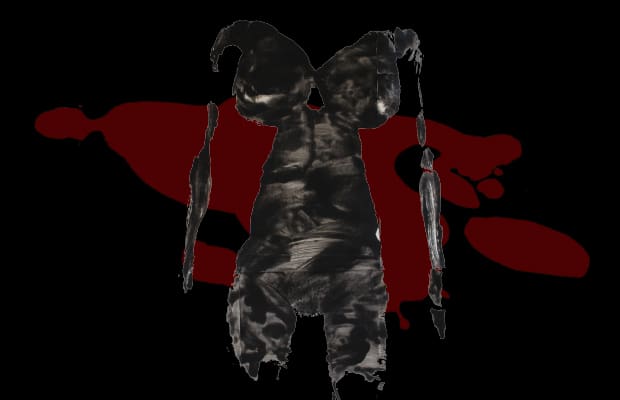I got my first period when I was eleven. It was not, as Kaz Cooke’s puberty bibles suggested, a phenomenon to embrace, because all girls*, including the Queen, menstruated. It was nothing like the cartoon brain in my PDHPE textbook, commanding a meek, doe-eyed ovary to ‘RELEASE THE EGGS’. It was the end of my world.
And, coincidentally, my period arrived 24 hours before my first day of high school.
My mother had taken me to the pool to soak in the last of the summer break. Changing into my cozzies, I was greeted by bark-coloured smudges on my underwear. In hindsight, it was probably light enough to ignore. But in that moment—my heart dropping as mum’s knocks on the door of my stall became more inquisitive—I had no choice but to pull up my swimmers and pray that I wouldn’t leave a trail in the turquoise water as I swam.
I’d always known what I wanted to be like when I was older: tall and athletic, academic yet popular. Average desires, ripped from movies and WikiHow articles. But each new, real marker of womanhood would chip away at my daydreams.
One morning, for example, we were playing handball when one of my friends yelled out how large my breasts were in comparison to everyone else’s. The game paused. Five pairs of eyes scanned my body up and down. My training bra straps cinched into shoulder blades and my face turned red as the ball dribbled away from the court.
Each morning was spent in front of the mirror, tracing my finger over the new pimples that had appeared overnight, or the thick meadow sprouting on my upper lip.
‘That time of the month’ was the icing on the cake.
After the pool, I took a long shower and scrubbed my body clean from chlorine and blood alike. I sheepishly crawled onto my mum’s bed, arms wrapped around my knees as I sat on top of the duvet. Her face lit up as I announced the bad news. She scooped me up and said something about her first-born becoming a woman, through muffled words escaping into her hug. My stomach churned as she fussed over which relative in South Africa to call first, to share the good news. I’d only find out a decade later that mum was secretly planning care packs and scripting advice to make my experience of puberty normal.
My period disappeared the next day.
“False alarm?” Mum asked, slightly deflated.
“False alarm.”
But it came back in four weeks’ time, like clockwork, in full, red viscousness. Only a month prior, I had registered its birth, death and marriage to the world. Now, it was buried for good and it made no sense to have to admit to its triumphant return. So instead, I retracted further into my chrysalis of youth and continued to fake its death.
I was so disgusted at my body that I didn’t ask for help. So disgusted that I crafted makeshift pads from wads of toilet paper and the occasional panty liner, compressed with tape. So disgusted that I sat in the same pair of sodden underwear for each full cycle, convincing myself the pungent clumps of oxidised blood between chafed thighs was fine. So disgusted that I locked away each month’s stained goods in a Smiggle box until collection day, rushing it out to the bin right before the garbage truck towed my evidence away.
This went on for twenty cycles, until a bush-bashing, toilet-less Year 9 school camp forced me to to acknowledge it—properly this time.
A few days ago, I told mum about how I hid my period for so long. Mum couldn’t understand why. I had no rational explanation. She was dumbfounded by how I, who had a privileged upbringing, needlessly tortured myself. How I could forget my relatives in poorer countries, who had no access to sanitary products from puberty until menopause? She laughed at the absurdity but her voice choked as her questions piled up.
Curled up on Mum’s bed once again, as if the last decade hadn’t happened, I couldn’t, and still can’t, justify the mindset of the former self I’ve outgrown.
*This is but one account of puberty and periods. The writer acknowledges that menstruation is not just a cisnormative experience.





